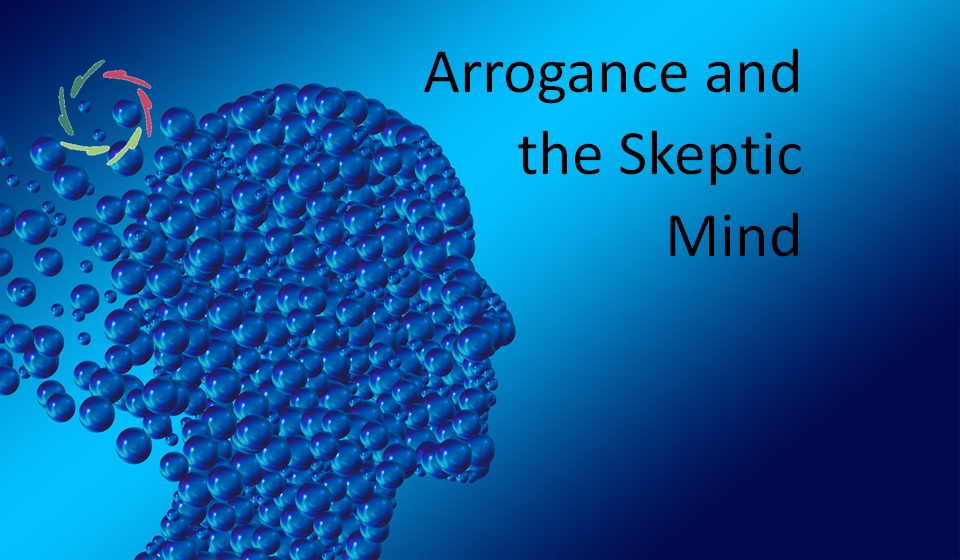Rationality – Science – Technology

It all seems pretty clear. Yet there is fuzziness within that clarity.
Rationality leads to science. Science leads to technology.
Rationality is a specific state of mind. A human is rational if he has that state of mind. From that state of mind, he can think together a body of knowledge that is internally congruent and that other rational beings can acknowledge. Still, the science may be deadly wrong. For instance, medical science continues to evolve, sometimes in fundamental ways.
The science of today is not the science of yesterday, nor tomorrow.
The body of science, especially the potential science in a particular domain, can be immense. A small part of it leads to technology, being one or a set of tools that enable people to realize this part of the science, and in many cases also to replicate it at a big scale, so that many people can take advantage of it without delving into the science.
So far, so good.
Let’s take a closer look at the first element of the little chain.
What is rationality?
Conceptual versus subconceptual makes a difference.
If rationality is seen as purely conceptual, then the evolving science will also be of the conceptual kind. This science will not be about reality but only about the easily conceptualizable part. That may be a valid endeavor by itself, but one should not make the error of thinking this is necessarily about reality as a whole. That would be a plain logical error.
If rationality is seen as conceptual and subconceptual, things quickly become more challenging. It’s easy to derail into wishful thinking. Yet it’s crucial to take the challenge as rationally as possible precisely because the derailment comes so easily.
If rational people keep out of the subconceptual, irrational ones will take it and turn it into a swamp.
Towards science towards technology
Exclusively conceptual rationality may still lead to sound science, but it will be science about only a specific part of reality, carved out by a clear and present bias.
I cannot call that a critical stance.
Moreover, if this leads to technology being replicated at a big scale, this technology shapes the world – our environment – in ways that conform to this very bias.
This leads to more strictly conceptual rationality and an enlargement of the same bias.
This way, the technology’s success may eventually turn into an existential threat to humanity.
We don’t need less rationality, less science, less technology.
Quite the contrary.
But to lead all this in a good direction, we need more critical thinking, involving rationality as well as human depth.
Here lies an immense opportunity – and also a threat – in education. Do we want children to succeed in one narrow path of science and technology ― called ‘STEM’ nowadays? Do we want to mold them to the image of the molded?
Or do we want them to be critical before anything else?


